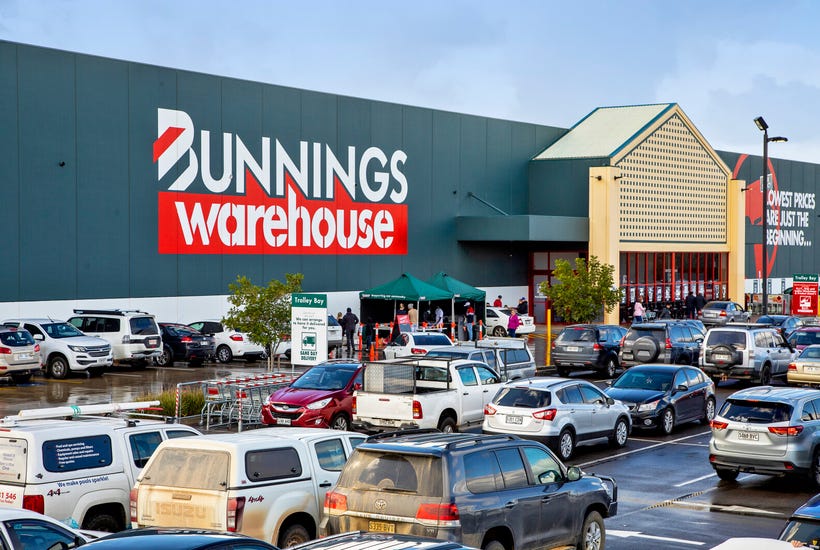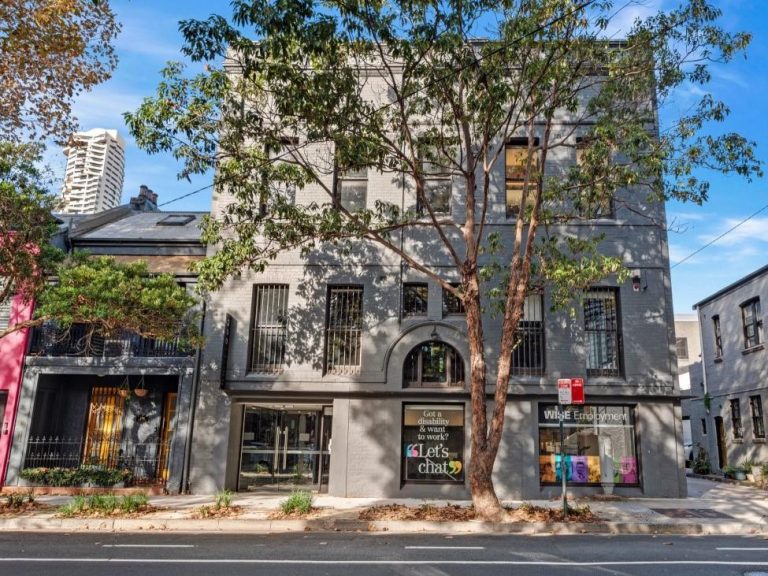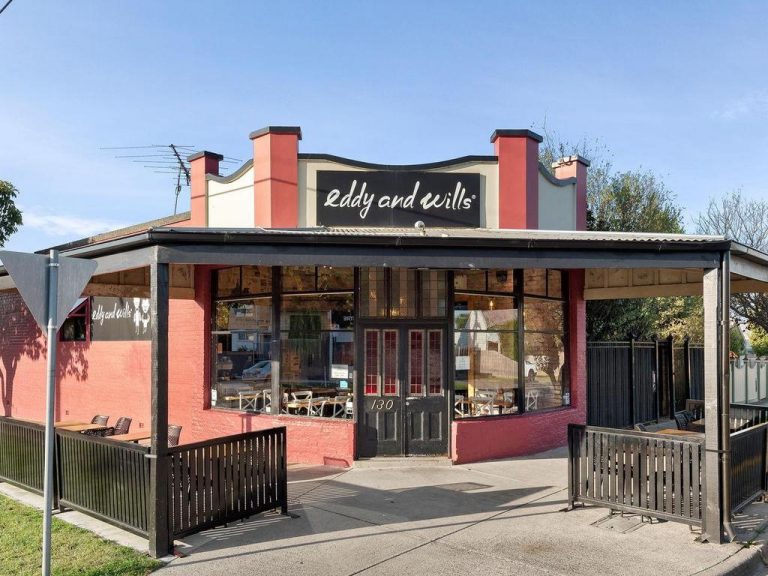Large investors target supermarkets and Bunnings during COVID

Institutional investors have been actively targeting ‘pandemic-proof’ retail assets, with Woolworths, Coles and Bunnings at the top of their wish lists.
Institutions now rival private investors in the ‘middle market’ of essential retail – assets worth $10 million to $80 million – after doubling their investment in the sector during the COVID-19 pandemic, according to analysis by Colliers.
Colliers national director retail investment services James Wilson said there has been unprecedented investor demand for non-discretionary retail, specifically supermarkets and hardware stores.
“We have seen aggressive bidding on all non-discretionary retail assets,” Mr Wilson said.
“ASX-listed covenants like Woolworths, Bunnings and Coles were always sought-after, but their new-found ‘essential service’ status means they have become even more highly prized.”

Properties leased to Coles, Woolworths and Bunnings have become even more highly prized during the pandemic. Picture: realcommercial.com.au/sold
Private investors as well as funds and syndicates have dominated the essential retail middle market over the last five years, accounting for 78% of transactions in 2019.
Institutional capital investment in the sector has jumped from 19% in 2019 to 40% in 2020 and 42% so far this year, the Colliers data showed.
“The last time we saw institutional capital actively targeting essential retail at this level, in the $10 million to $80 million bracket, was in the mid-2000s,” Mr Wilson said.
“Since COVID-19 they have revised their investment mandates to include non-discretionary assets.
“And as institutional capital doubled in the sector, private investors decreased from 63% in 2019 to 39% this year.”

Mr Wilson said institutions have increased their investment activity in the sector over the past 18 months as they seek to leverage a different angle for investor returns.
The Colliers data showed institutional capital bought 39.6% of Woolworths, Coles or Bunnings Warehouse-anchored retail assets in 2020 and 2021, during the pandemic and lockdown periods. That was up from 24.4% in 2018 and 2019.

Charter Hall has been one of the institutions buying supermarkets, Bunnings Warehouses and shopping centres this year. Picture: realcommercial.com.au/sold
Property investment management company Charter Hall has been an active buyer this year, with its acquisitions including a Bunnings in Adelaide’s Munno Para West, a Coles in Sydney’s Five Dock, a Woolworths in Coffs Harbour and the Woolworths-anchored Butler Central Shopping Centre in Western Australia.
Colliers said other acquisitions by institutional capital this year included Bunnings warehouses in Tamworth in NSW and Caboolture in Queensland.
Investors target ‘pandemic-proof’ assets
REA Group economist Anne Flaherty said there has been a strong and growing focus by commercial property investors on essential retail such as supermarkets.
“Unlike many non-essential retailers who struggled as a result of lockdowns, these assets have shown themselves to be a relatively ‘pandemic-proof’ option for investors looking for defensive income,” Ms Flaherty said.
“This higher demand for essential retail is expected to continue over 2022 as investors look to avoid the increased vacancy risk seen in other retail sectors.”
Supermarkets, Bunnings-leased investments and neighbourhood shopping centres have been the focus for both private investors and institutions targeting essential retail assets.
Ms Flaherty said essential retail has underpinned the success of neighbourhood centres over the last two years.
“Population growth is also having an impact, particularly in regional areas where foot traffic has increased,” she said.
“The increased prevalence of hybrid working is also contributing, with more workers now shopping in their local neighbourhoods compared to pre-COVID.”
Ms Flaherty said investors are prioritising assets with high-quality tenants in place, especially where long lease terms exist.
“The pandemic has led many commercial property investors to rethink their strategies around the types of assets they hold. Assets with high-quality tenants in place, such as a Woolworths or Bunnings, are attracting more interest from investors.
“Hardware stores, such as Bunnings, are highly sought-after by investors. The success of these assets has been supported by a surge in spending on development and renovations over the past two years.”

Bunnings properties are highly sought-after by investors. Picture: realcommercial.com.au/sold
Strong competition for supermarkets, Bunnings and neighbourhood centres
Mr Wilson said the positive growth prospects for essential retail are leading to intensive competition for neighbourhood centres, freestanding supermarkets and hardware stores.
The strong demand has translated into significant yield compression across the entire sector between 2018 and now, as well as increased deal volumes.

There has been strong competition for neighbourhood shopping centres anchored by the likes of Woolworths or Coles. Picture: realcommercial.com.au/for-sale
Mr Wilson said the strongest compression has been in supermarket-anchored neighbourhood centres, where yields have compressed by 87 basis points from 6.61% in 2018 to 5.74% in October 2021.
“This year a total of $1.77 billion in neighbourhood centres transacted in Australia, surpassing the last three years of turnover,” Mr Wilson said.
“In 2020, just $905 million in neighbourhood centres transacted in the middle market.”
New benchmarks have also been set for freestanding supermarkets and hardware stores.
Hardware store yields have compressed by 74 basis points, from 5.25% in 2018 to 4.51% in the year-to-date.
Yields for freestanding supermarkets have compressed by 22 basis points, from 5.04% in 2018 to 4.82% this year, according to Colliers.







